HP's Meg Whitman savages Dell-EMC merger
M&A advisors criticise VMware's absence from acquisition
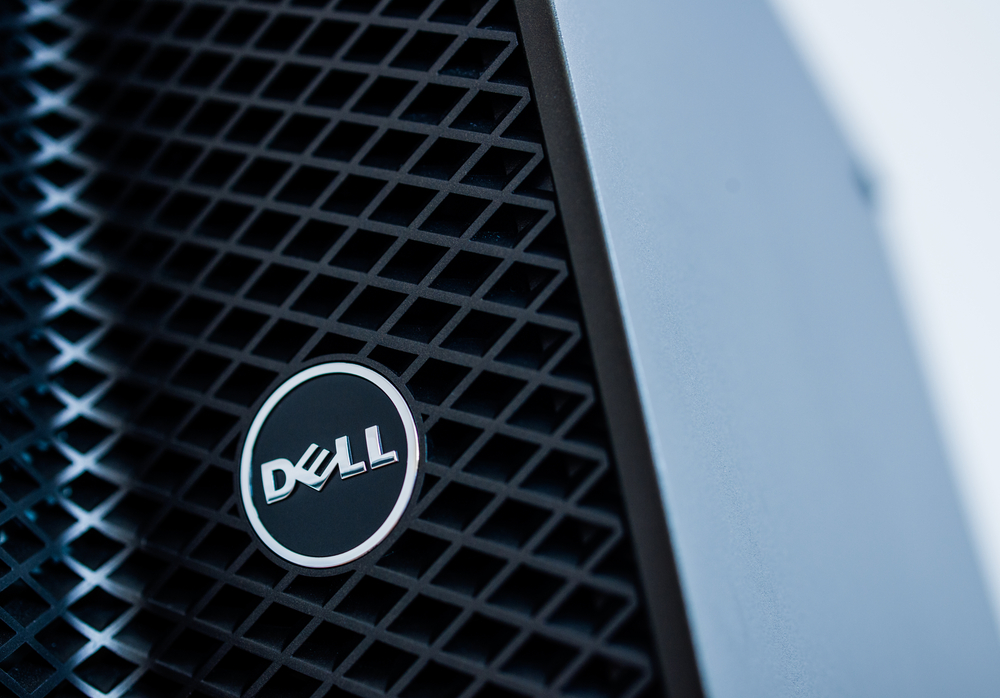
HP CEO Meg Whitman has savaged Dell's decision to acquire EMC for $67 billion, claiming her PC and server rival Michael Dell will have to pay $2.5 billion a year in interest on the accumulated debt of the deal.
Writing in a letter addressed to all HP employees, and obtained by Business Insider, Whitman said: "To pay back the interest on the $50 billion of debt that the new combined company will have on their balance sheet, Dell will need to pay roughly $2.5 billion a year in interest alone.
"That's $2.5 billion that they will allocate away from R&D and other business critical activities, which will keep them from better serving their customers."
She additionally claimed that HP's own hybrid cloud strategy was two years ahead of any competitors', while rallying the troops with her email, titled Seize the moment, saying: "We're organised, we have a strong balance sheet and our innovation engine is humming. So, get out in front of your customers and your partners. Tell them our story. Take advantage of this moment."
Dell's purchase of EMC means the company will have massively grown in size by the deal's mid-2016 completion, while HP is splitting into two - business services-oriented HP Enterprise and HP Inc, its printers and PCs arm.
But Whitman nearly bought EMC last year, according to reports, until she and EMC CEO Joe Tucci could not agree on price.
Other criticism of the Dell and EMC tie-up came today from Magister Advisors, specialists in technology sector mergers and acquisitions.
Get the ITPro daily newsletter
Sign up today and you will receive a free copy of our Future Focus 2025 report - the leading guidance on AI, cybersecurity and other IT challenges as per 700+ senior executives
It claimed the deal is not transformative, but simply consolidates two tech giants without adding extra value.
Managing partner Victor Basta added: "You would expect a $67 billion deal to shift the plate tectonics of the industry, but this is far from that.
"EMC's VMware software business (which will remain independent and public) the only potentially transformative element - is left out of the Dell deal altogether. The big bet Dell/EMC are making is that corporate IT budgets remain healthy, and there are enough economies of scale to increase margins for the combined company."
12/10/15: Dell yesterday confirmed its intention to acquire EMC in a $67 billion takeover, the biggest ever in the tech sector, taking the storage giant private while virtualisation specialist VMware remains a publicly-traded company.
The acquisition will not be complete until around the middle of next year, according to EMC boss Joe Tucci, but the firms plan to integrate their services into a comprehensive offering targeting SMBs and enterprises.
Dell CEO Michael Dell said on a conference call with media and analysts: "Dell's server, PC and go-to-market strengths in the mid-market [go] with EMC's go-to-market strengths in the enterprise market."
VMware, which EMC acquired back in 2004, will remain a publicly-traded firm, the tech giants confirmed, and Dell was quick to claim that the merger will not limit Dell's ability to partner with any non-Federation firms that it wishes to work with, especially when it comes to virtualisation.
"We are not choosing VMware exclusively," he said, then referencing Dell's long-standing partnership with Microsoft before adding: "Our customers will continue to have a wide set of choices. Certainly we see the opportunity to bring together and integrate existing technologies for customers, and customers like that integration."
VMware CEO Pat Gelsinger, who will remain in charge of the firm, echoed Dell's comments, saying: "We are committed - and Dell has demonstrated this commitment over decades at the company - to the independent ecosystem of VMware [that] is overwhelming and significant, just as we are committed to this partnership with each other."
While Dell has specialised in servers and PCs, EMC has concentrated on high-end storage equipment it believes is less at risk from the rise of cloud, and some of its companies bring additional services into the fold, like Pivotal's data analytics.
Tucci told media on the conference call: "The industry is going through a tremendous transformation where old ideas have been quickly disrupted, but it's incredibly rich with opportunity."
In a statement he added: "The waves of change we now see in our industry are unprecedented and, to navigate this change, we must create a new company for a new era. I truly believe that the combination of EMC and Dell will prove to be a winning combination for our customers, employees, partners and shareholders."
Both Dell and EMC claim the consolidation will generate growth for the pair in areas like software-defined datacentres, converged infrastructure, hybrid cloud as well as mobile and security, but others were sceptical of the deal.
TechMarketView analyst Anthony Miller said: "This is all just another sign of panic among old guard' IT players trying to make sense of new world' IT. Bulking up with other old guard players is really not the right answer."
When asked whether Dell expects much overlap between its own products and those of the Federation's, a spokesman told IT Pro: "Many of Dell and EMC businesses are naturally complementary for example, Dell Servers with EMC Storage accelerate the adoption of converged infrastructure and Hybrid Cloud, RSA with SecureWorks; AirWatch with KACE; Pivotal with Boomi.
"There are many great technology combinations that will benefit our current and prospective customers."
Dell teamed up with private equity firm Silver Lake to fund the deal, and neither Dell nor EMC ruled out lay-offs as a result of the merger.
This article was originally published on 12/10/15 but has been updated multiple times (most recently on 13/10/15)
-
 Cleo attack victim list grows as Hertz confirms customer data stolen
Cleo attack victim list grows as Hertz confirms customer data stolenNews Hertz has confirmed it suffered a data breach as a result of the Cleo zero-day vulnerability in late 2024, with the car rental giant warning that customer data was stolen.
By Ross Kelly
-
 Lateral moves in tech: Why leaders should support employee mobility
Lateral moves in tech: Why leaders should support employee mobilityIn-depth Encouraging staff to switch roles can have long-term benefits for skills in the tech sector
By Keri Allan
-
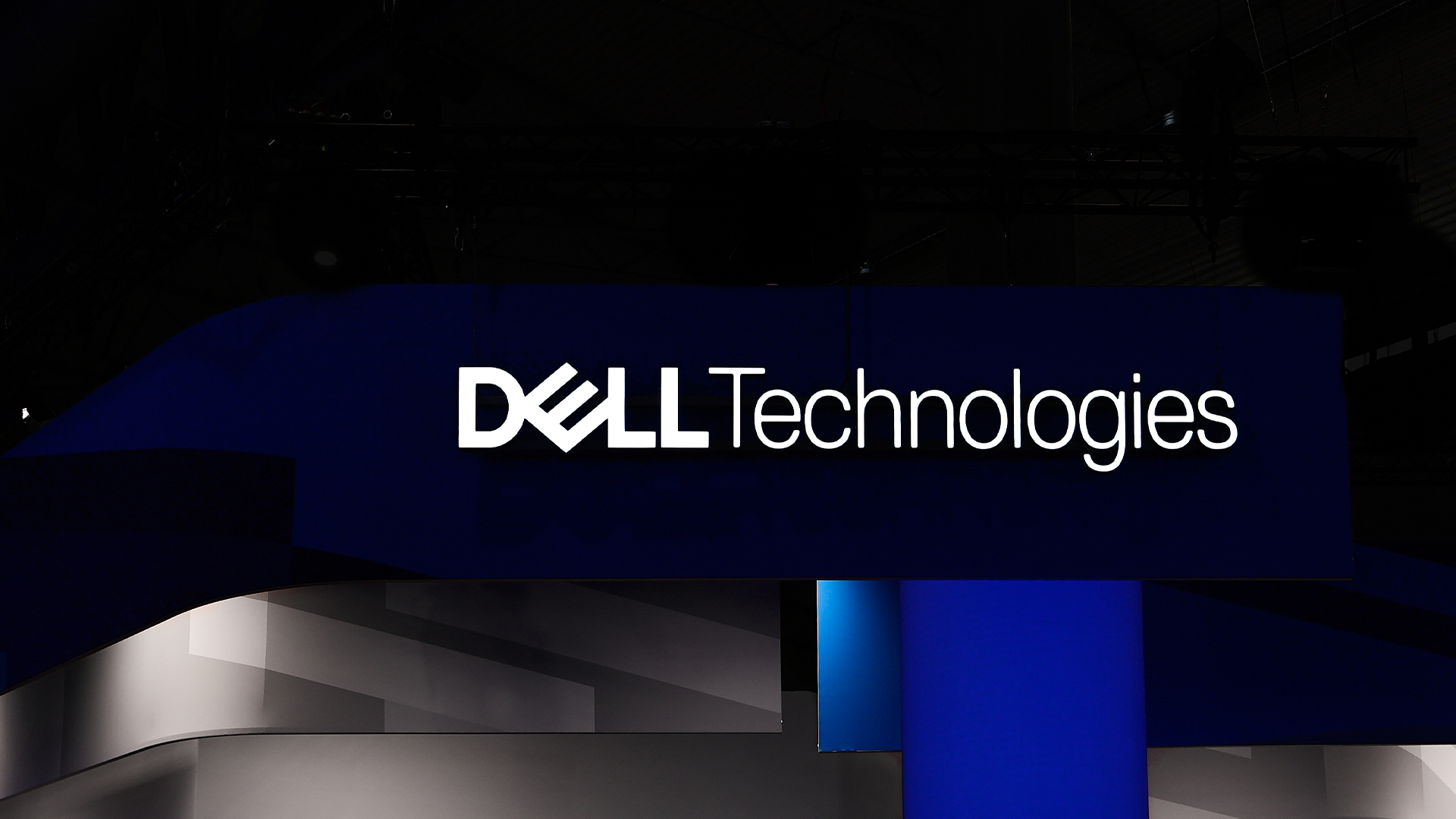 Scale of Dell job cuts laid bare as firm sheds 10% of staff in a year
Scale of Dell job cuts laid bare as firm sheds 10% of staff in a yearNews Dell Technologies’ workforce has reduced significantly in recent years, figures show, with headcount at the tech giant dropping by 10% in 2025 alone.
By Nicole Kobie
-
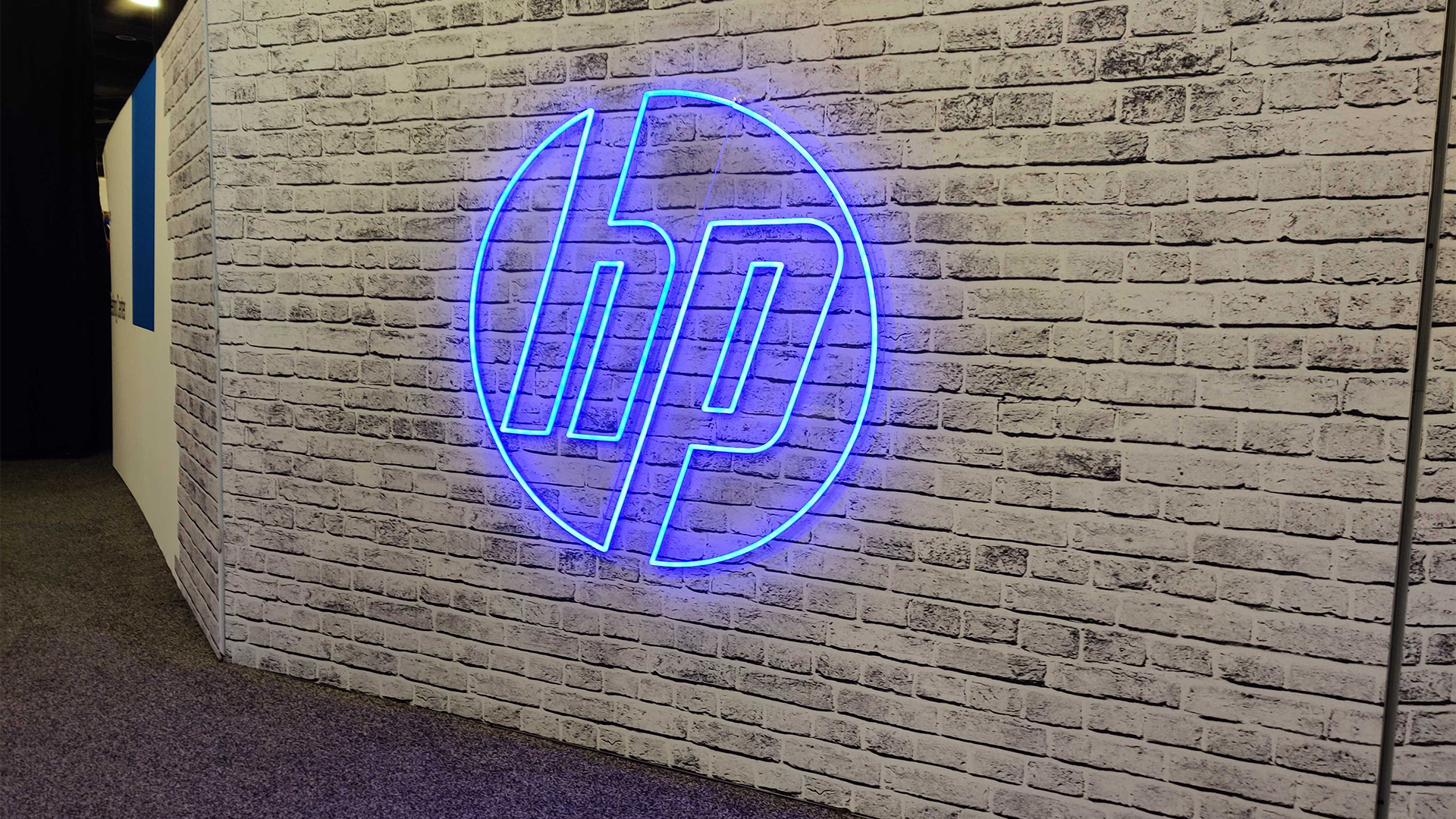 HP’s sustainability drive is paying off for channel partners
HP’s sustainability drive is paying off for channel partnersNews Channel partners that bought into HP’s sustainability program saw sales increase as customers react positively
By Solomon Klappholz
-
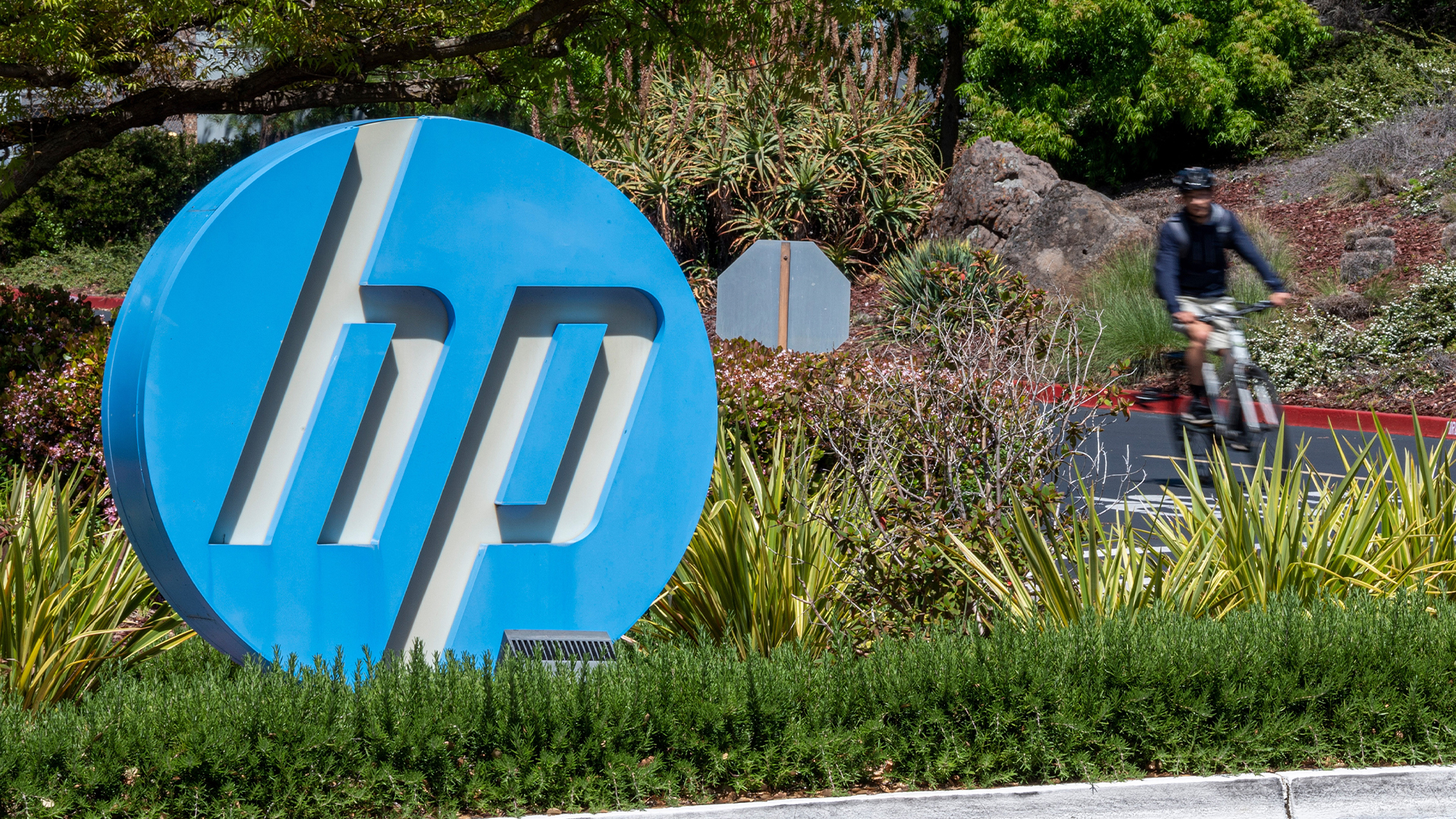 ‘We think that selling everything helps the customer’: HP wants to supercharge its partner program to support a new market strategy
‘We think that selling everything helps the customer’: HP wants to supercharge its partner program to support a new market strategyNews HP has enhanced its partner program to encourage channel partners to sell its entire range of products and solutions.
By Solomon Klappholz
-
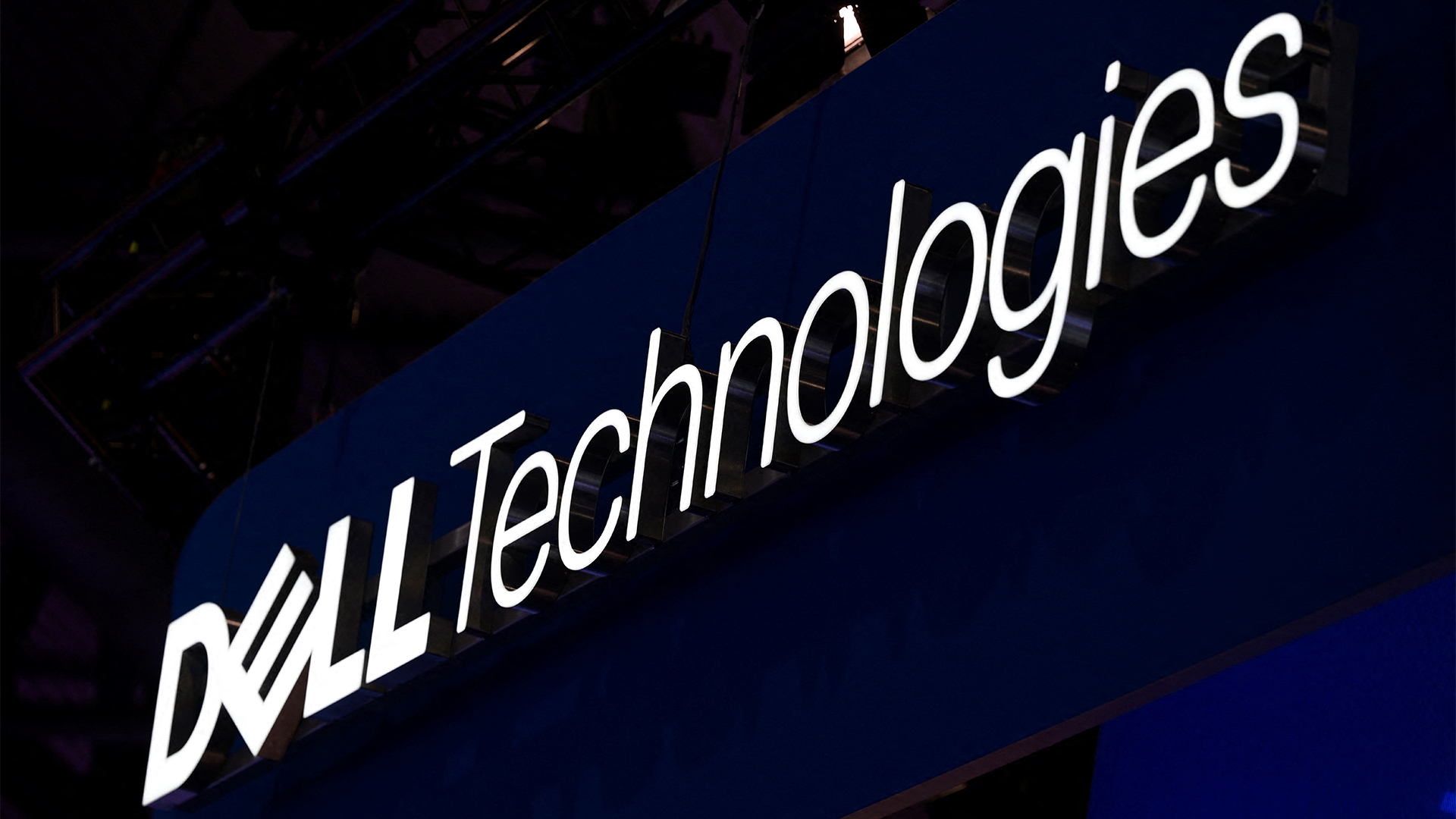 Dell Technologies just revamped its Partner Program for 2025 – here's what to expect
Dell Technologies just revamped its Partner Program for 2025 – here's what to expectNews Dell Technologies has unveiled its revamped Partner Program for 2025, offering a range of new incentives for partners.
By Emma Woollacott
-
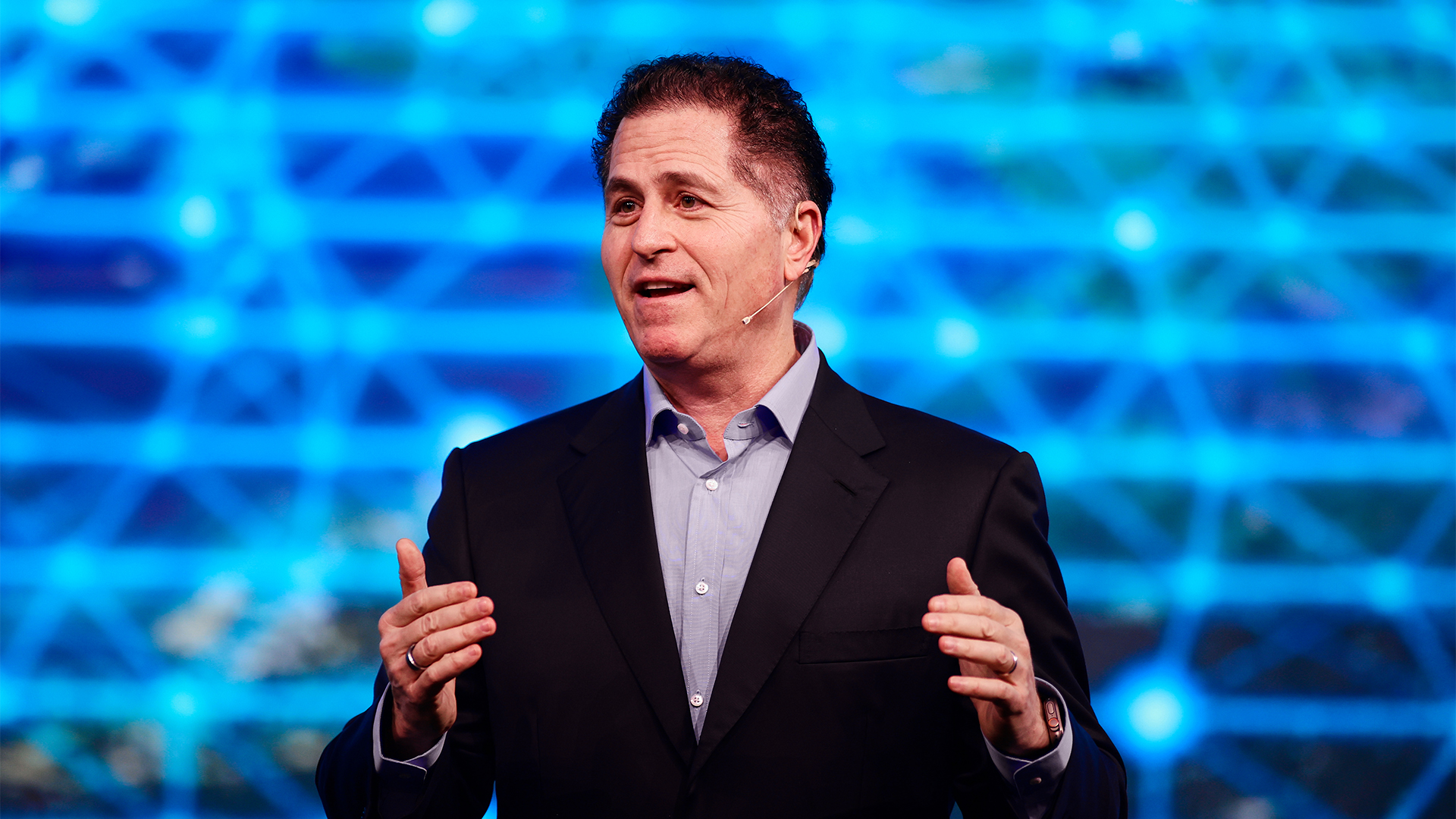 'Nothing is faster than the speed of human interaction': Dell orders staff back into the office as the company shakes up hybrid working practices
'Nothing is faster than the speed of human interaction': Dell orders staff back into the office as the company shakes up hybrid working practicesNews Dell Technologies has ordered staff to return to the office five days a week, according to reports, with some exceptions allowed for staff located too far from physical office sites.
By Emma Woollacott
-
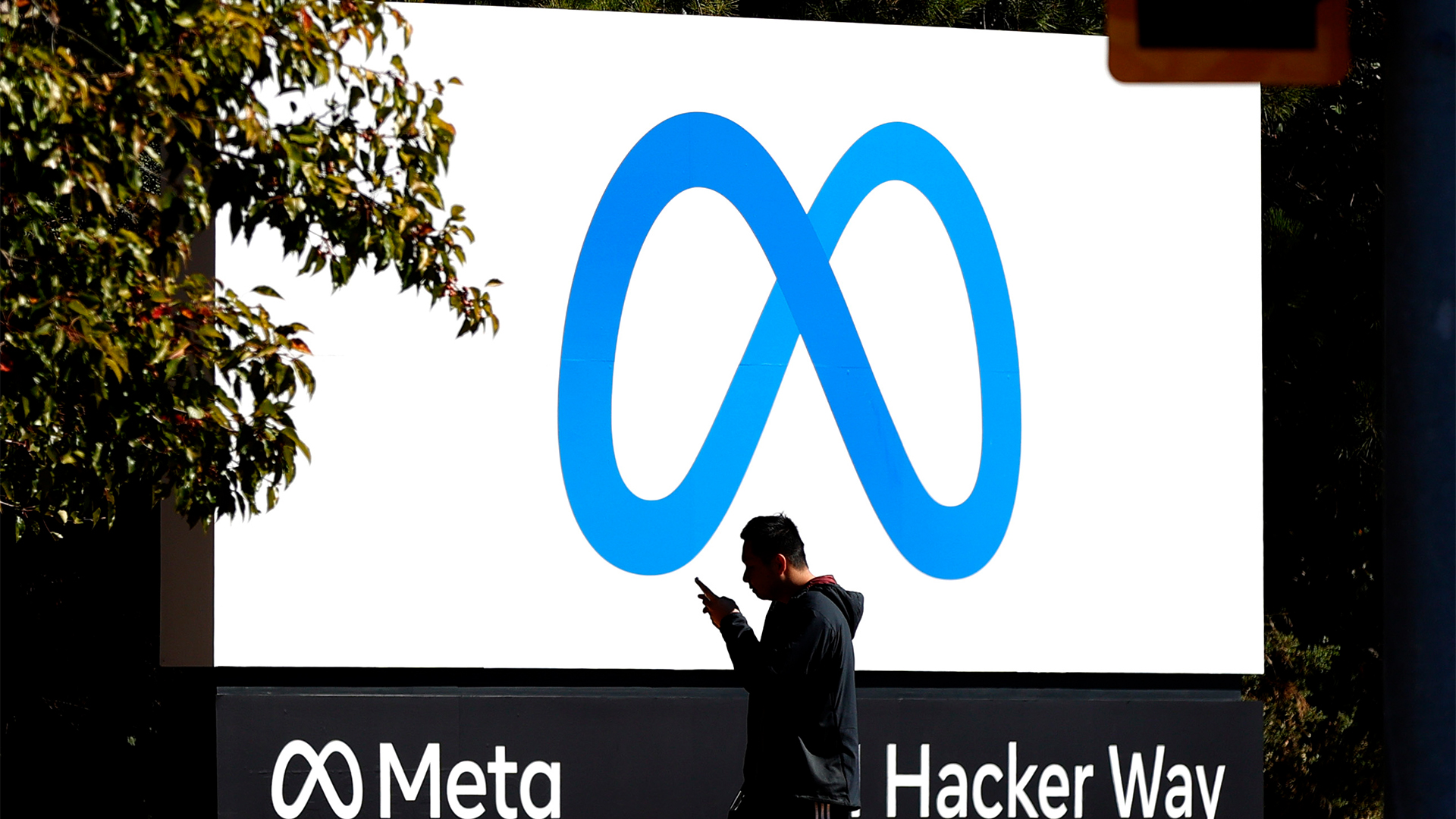 Meta layoffs hit staff at WhatsApp, Instagram, and Reality Labs divisions
Meta layoffs hit staff at WhatsApp, Instagram, and Reality Labs divisionsNews The 'year of efficiency' for Mark Zuckerberg continues as Meta layoffs affect staff in key business units
By Ross Kelly
-
 Business execs just said the quiet part out loud on RTO mandates — A quarter admit forcing staff back into the office was meant to make them quit
Business execs just said the quiet part out loud on RTO mandates — A quarter admit forcing staff back into the office was meant to make them quitNews Companies know staff don't want to go back to the office, and that may be part of their plan with RTO mandates
By Nicole Kobie
-
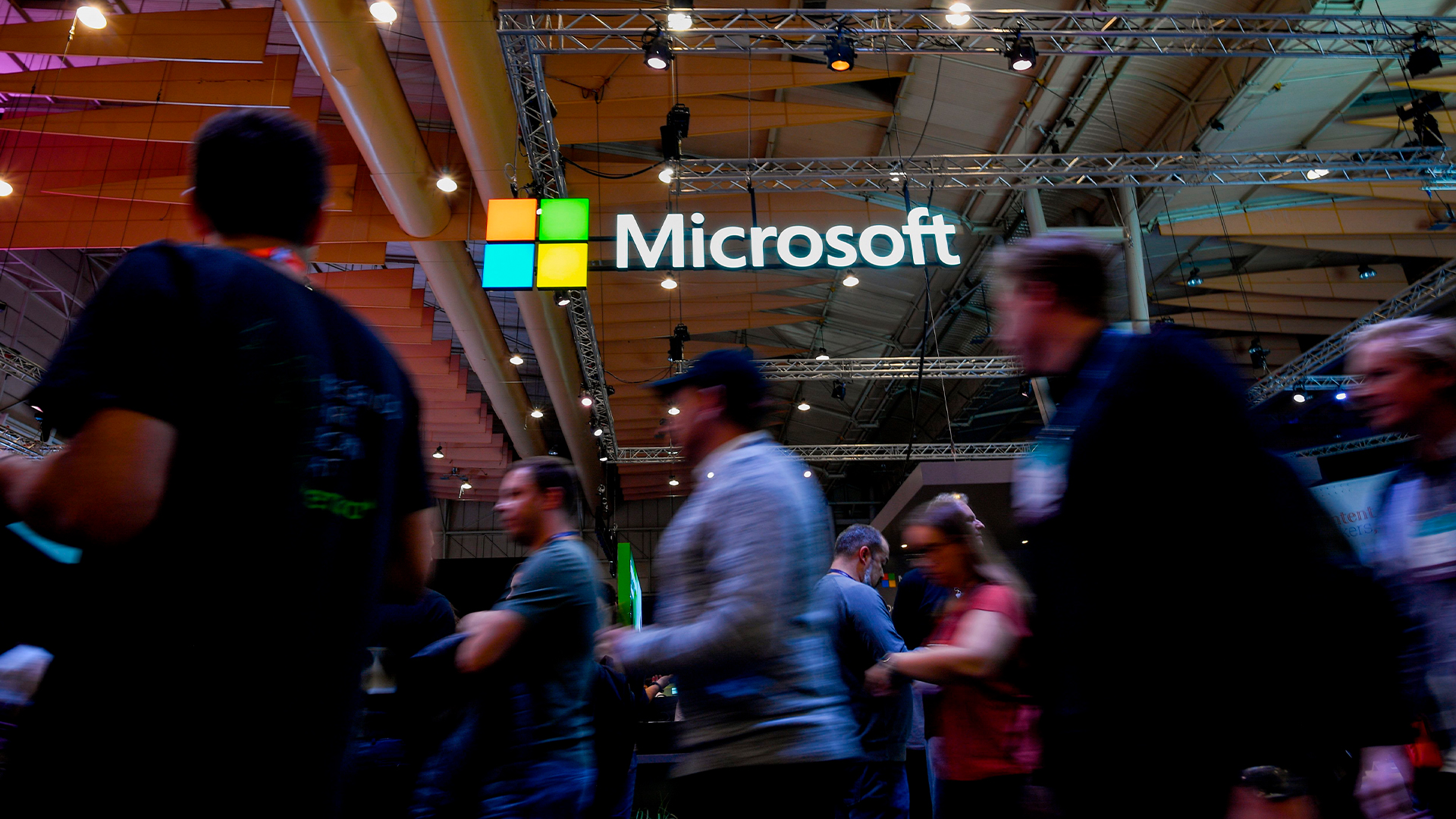 Microsoft tells staff it won’t follow Amazon or Dell on enforcing a return to the office – but there’s a catch
Microsoft tells staff it won’t follow Amazon or Dell on enforcing a return to the office – but there’s a catchNews While other big tech companies are forcing reluctant workforces back into the office, Microsoft isn’t following suit
By George Fitzmaurice